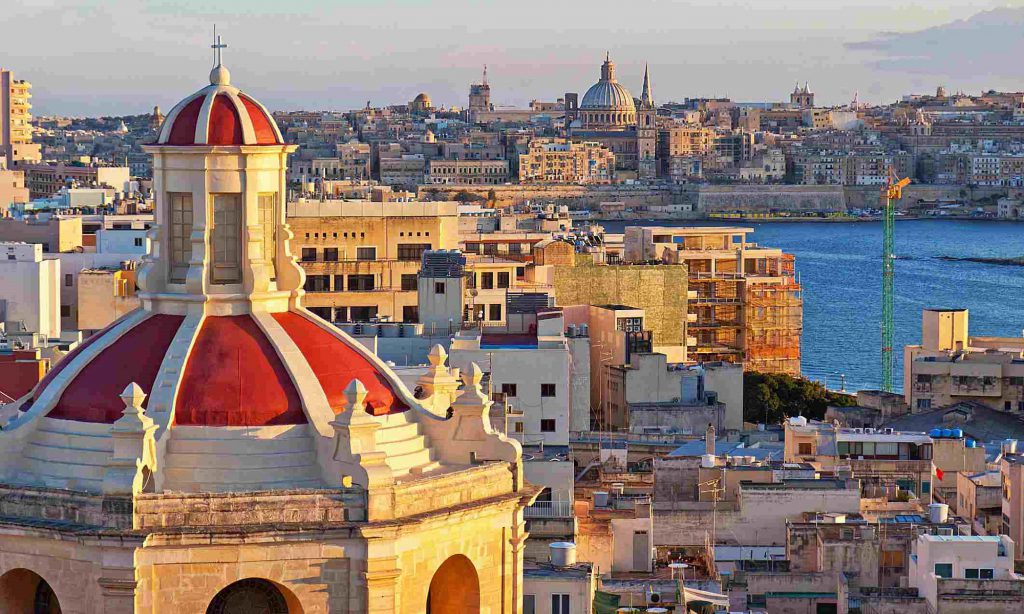Depending on the reason for their travel, all visitors from outside Malta must have a valid visa or permission. Foreign people who want to visit or live in Malta, whether to study or work there, must apply for a Malta Schengen Visa. Citizens of the European Union (EU), European Economic Area (EEA), and European Free Trade Association (EFTA) do not need an entry visa or work authorization to enter Malta or to work there. Other foreign nationals will have to apply for a Malta visa or permission.

Types of Malta permits
When third-country citizens want to remain in Malta, they may apply for one of three kinds of Malta permits: the single permit, the national D visa, or the work license.
Single permit
The Maltese-e-residence card, also known as the combined employment license and residency permit, is a single permit. The procedure includes background checks, during which your identification must be confirmed, as well as a labor test to determine whether the designation has already been granted to Maltese or EU individuals. Third-country applicants often submit their applications via the local embassy or consulate of their home country. Additionally, the company will submit a single permit application to acquire authorization. Before requesting a single permit for a citizen of a third country, the business will first attempt to fill the position locally or inside the EU. The Employment and Training Corporation must receive a letter from the business outlining the justifications for hiring any foreign national, together with copies of the job posting. The employee must finish the E-Residence Card process and get a National D Visa before traveling to Malta.
National D visa
The employee will need a National D Visa to enter Malta and remain for more than three months after the employer’s submission of a single permit application. When requesting a National D visa, there are a few items you must have, including:
- Completed, signed, and dated application form
- valid passport with stamp-able pages
- white background with a formatted passport picture
- reservations for lodging
- bank statement over the last six months to demonstrate the stability of finances
- medical insurance for the Schengen region, with a minimum of €30,000 in coverage
- agreement for employment
- a certified copy of the work permit or residency permit
- letter from the Citizenship and Expatriate Affairs Department attesting to your employment
- a letter of support from a previous employer
Key Employee Initiative (KEI)
The Key Employment Initiative (KEI) enables qualified Third Country Nationals (TCNs) to hold management or technical positions in Malta. Entrepreneurs and newly formed enterprises who have received legal recognition from Malta Enterprise are also a part of the Key Employment Initiative. You may apply for a single permit that combines your work authorization with your residency authorization and gives you quick access to employment in Malta. For KEI, an employment contract is necessary, and the gross annual remuneration must exceed €30,000. To expedite potential management and technical candidates based on their qualifications, the KEI is necessary. This program seeks to speed the hiring of competent workers in their appropriate designations and workplaces by streamlining the application procedure within five days.
EU blue card
Third-country citizens who apply as highly skilled workers in the workplace are eligible for the EU Blue Card. Citizens of third countries need both a work permit and a residency permit. Additionally, their employer must apply for an employment license. They must have a work contract that lasts at least a year and specifies their minimum pay, which is 1.5 times the average annual wage in Malta. The employment opportunities that result from this application will undergo labor-market, immigration- and health-related testing. They also require a valid visa, pertinent papers, and evidence of current health insurance.
